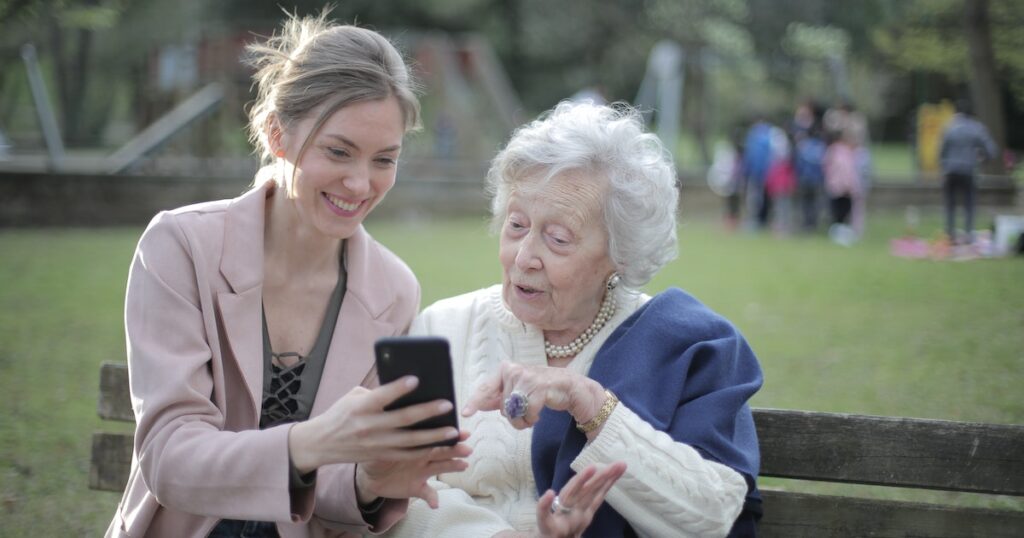Learn 11 Unique Skills You Need to Become a Caregiver

Caregivers make a significant difference in the lives of their patients and their families, but not everyone is suited to the position. In order to be effective and provide the finest client care possible, caregivers must master a wide range of attributes and talents.

Discover the 11 distinct talents required to become a caregiver below.
1. Compassion
Compassion involves being able to sense other people’s pain and feeling the desire to help them. This is the first feature on the list because many home health clients are in uncomfortable and even painful situations (recovering from surgery, losing memory due to Alzheimer’s, and so on).
As a result, being kind and empathic is an absolute must-have among caregiver attributes. Compassion may not be a “hard” talent in the same way that clinical knowledge or time management is, but it is no less important in caregiver employment.
2. Communication
Caregivers must have strong written and vocal communication abilities. Even if your client is unable to communicate by traditional means such as speaking and writing, you will need to connect with family members or other caregivers to discuss their care and condition updates. You’ll very certainly need to engage with doctors, nurses, and other medical experts, as well as relay their orders to the patient and/or family.
3. Observation
It is not enough to simply converse with or listen to your patients. They may be unable to define what is wrong with their health at times, or they may purposefully conceal things from you if they are fearful of admitting any deterioration in their condition.
During your home visits and other interactions, you must keep an eye out for any changes in your patient’s condition and record them in your report. Maintaining awareness of the client’s environment is also vital because you’ll want to address possible risks such as tripping, fire, and so on.
4. Interpersonal Skills
Working as a caregiver is an extremely social job that requires you to contact others all day. It is not necessary to be an extrovert to work as a caretaker, but it certainly helps. A high degree of social skills will help you establish rapport, build trust, and overall cultivate a solid, open relationship with your clientele.
These interpersonal skills will benefit not just you but also your clients, as many home health patients feel lonely. Interacting with a caregiver can help alleviate some of those lonely sensations.

